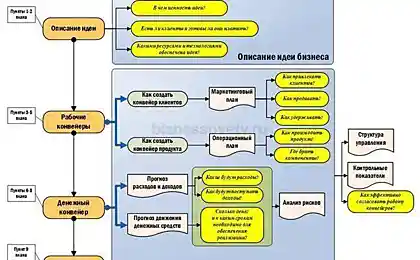239
Investments for beginners: how to start your path to financial independence

In today's world, many people strive for financial independence, and one of the key tools to achieve this goal is investment. For those new to the world of finance, investing may seem like a complex and confusing process, but with the right approach and knowledge, anyone can begin their path to financial success. In this article, we will look at the basic steps and strategies for beginners who want to invest their money.
1. Education and understanding of the basics Before you start investing, it is important to obtain a basic education in finance and investing. Learn basic concepts such as stocks, bonds, funds, dividends, and the risks of investing. There are many online resources, books and courses that can help you master the basic principles.
2. Investment goals and strategy Determine your financial goals and risk profile. This will help you choose a suitable investment strategy. If your goals are far into the future, you may want to consider long-term investments with a higher level of risk. For short-term goals, more conservative strategies are suitable.
3. Developing a Budget and Emergency Fund Before you invest, make sure you have a clear budget and an adequate emergency fund for unexpected expenses. Investing money you cannot afford to lose can lead to financial difficulties.
4. Selecting Investment Instruments Familiarize yourself with the different types of investments and choose those that suit your strategy and goals. Stocks, bonds, ETFs and real estate are just a few examples of the instruments available. Portfolio diversity can help reduce risk.
5. Using investment accounts Open special investment accounts, such as brokerage accounts or individual investment accounts (IIA). These accounts provide convenient tools for buying and selling securities.
6. Regular investments and long-term perspective Strive for regular investments, even if they are small. Adopt a long-term investing strategy based on gradual growth of your portfolio. This can help smooth out the impact of short-term market fluctuations.
7. Monitor your portfolio and update your strategy Regularly evaluate your portfolio, adapt it in accordance with changes in your goals, financial situation and the general economic environment. Updating your investment strategy will help you maximize returns and minimize risks.
8. Learning by doing The best way to learn is by practice. Start with small amounts and gradually increase your investment as you gain experience. Mistakes are an inevitable part of the process, but it is important to learn from them.
Investing can be a challenge for beginners, but with the right approach, it is an accessible and effective means of achieving financial independence. Don't be afraid to start your journey to successful investing, remember to constantly learn and adapt to changes in the financial markets.
Effective Time Management Strategies for Entrepreneurs: How to Achieve Maximum Productivity
Tamara Globa told what December will be like for all zodiac signs, an accurate forecast for the last month of this year























